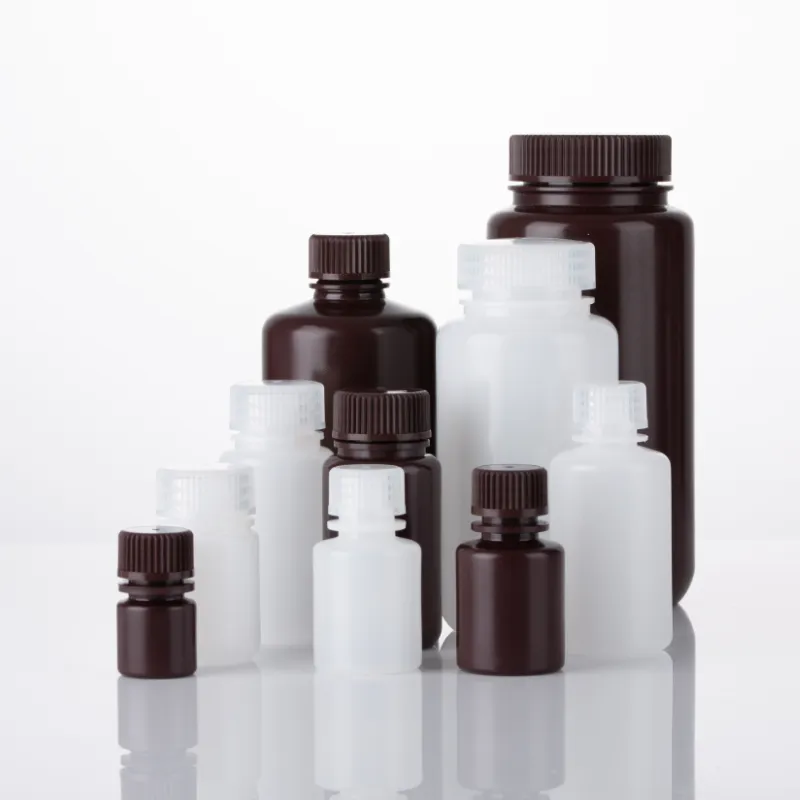High-Quality Plastic Tablet Bottles for Safe Storage
Plastic tablet bottles have become an essential part of the pharmaceutical and supplement industries, playing a vital role in how medications and dietary supplements are stored, protected, and dispensed. These bottles, typically made from high-density polyethylene (HDPE) or PET (polyethylene terephthalate), are known for their durability, lightweight nature, and resistance to various environmental factors. This article explores the benefits, applications, and environmental considerations surrounding plastic tablet bottles.
One of the most significant advantages of plastic tablet bottles is their resilience. Unlike glass, which can break easily, plastic bottles are less likely to shatter. This characteristic makes them ideal for use in various settings, including homes, hospitals, and pharmacies. Furthermore, plastic bottle manufacturers often incorporate child-resistant caps to enhance safety, preventing accidental ingestion by young children, thus adding another layer of protection.
In terms of storage, plastic tablet bottles provide an excellent barrier against moisture, oxygen, and light—elements that can degrade the quality of tablets and supplements. This protection is particularly critical for medications that require specific storage conditions to maintain their efficacy. High-quality plastic bottles can extend the shelf life of products, ensuring that consumers receive safe and effective items.
Plastic tablet bottles are highly customizable, allowing manufacturers to design packaging that meets specific branding and regulatory needs. Companies can choose from a variety of shapes, sizes, and colors to differentiate their products in a competitive market. Moreover, labels can be easily applied to convey vital information, such as dosage instructions, active ingredients, and expiration dates, ensuring users have all necessary details at their fingertips.
plastic tablet bottles

However, the environmental impact of plastic packaging cannot be overlooked. The increase in plastic waste has led to significant concerns about pollution and sustainability. Many manufacturers are now exploring ways to mitigate these environmental effects. For example, some are using recycled materials to produce plastic bottle packaging or implementing innovative production techniques that reduce plastic usage. Additionally, initiatives for bottle recycling and proper disposal methods are gaining traction, encouraging consumers to return their empty bottles and reducing landfill contributions.
The industry is also seeing a growing trend toward biodegradable and compostable packaging alternatives. While these options may not yet fully replace conventional plastic, they represent a crucial step towards more sustainable practices. As consumer demand for environmentally friendly products increases, it is likely that the market for sustainable tablet bottle options will continue to expand.
In conclusion, plastic tablet bottles serve a crucial purpose in packaging and protecting pharmaceuticals and dietary supplements. Their durability, safety features, and storage capabilities make them a preferred choice for manufacturers and consumers alike. However, it is essential to address the environmental concerns associated with plastic use by exploring sustainable practices and packaging solutions. The future of plastic tablet bottles will likely depend on striking a balance between functionality and environmental responsibility, paving the way for a more sustainable approach in the industry.
-
Aesthetic Makeup Spray Bottles | Fine Mist Empty RefillableNewsAug.19,2025
-
White Plastic Veterinary Vaccine Vials | Lab Liquid BottlesNewsAug.18,2025
-
Plastic Medicine Liquid Bottle: Secure Flip Top Drug VialsNewsAug.17,2025
-
Durable 250ml Blue Plastic Vaccine Vial for Lab & Vet UseNewsAug.16,2025
-
Sterile Virus Sample Tubes: Secure & Reliable Specimen CollectionNewsAug.15,2025
-
White 250ml Plastic Vaccine Vial for Lab & Vet MedicineNewsAug.14,2025
























